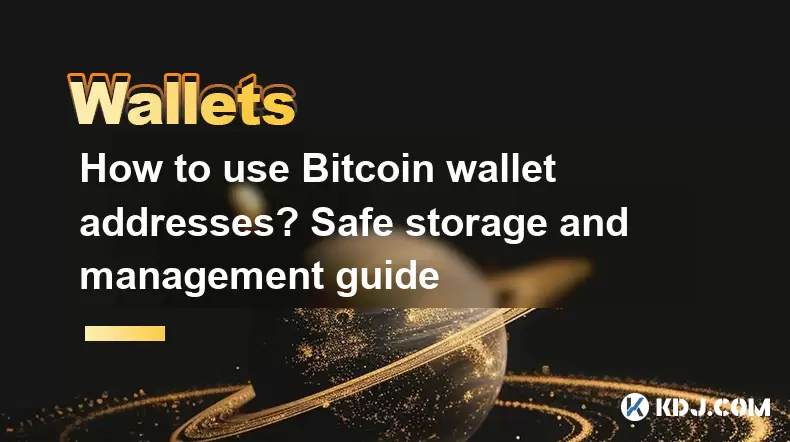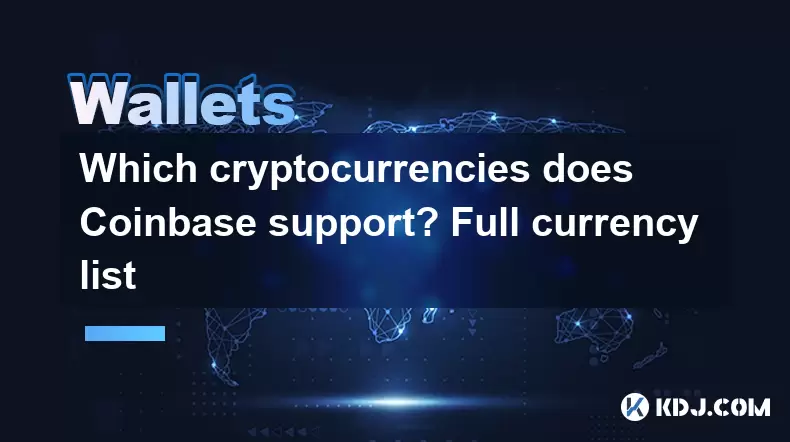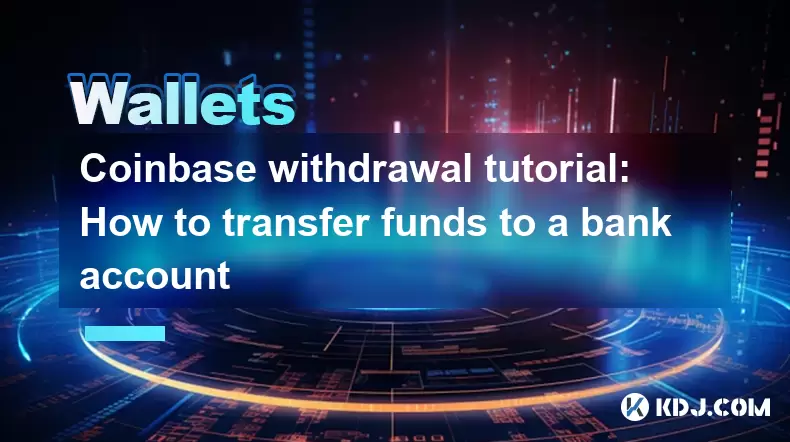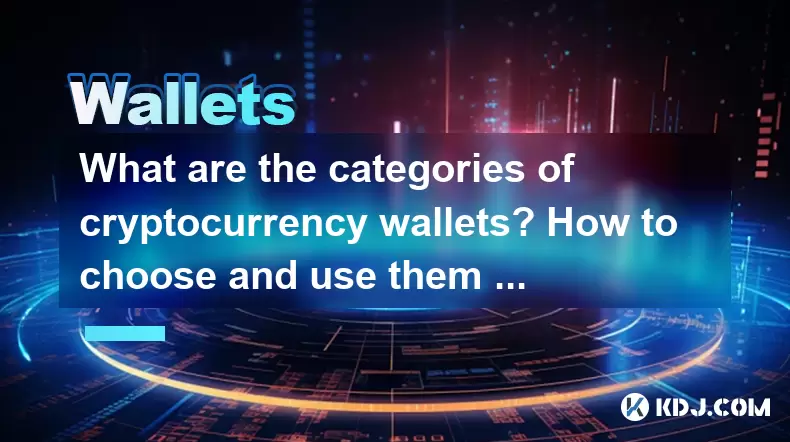-
 Bitcoin
Bitcoin $107,461.2530
0.65% -
 Ethereum
Ethereum $2,425.6945
-0.64% -
 Tether USDt
Tether USDt $1.0003
-0.01% -
 XRP
XRP $2.1844
4.49% -
 BNB
BNB $646.3777
0.36% -
 Solana
Solana $146.6972
3.90% -
 USDC
USDC $1.0000
0.00% -
 TRON
TRON $0.2744
1.17% -
 Dogecoin
Dogecoin $0.1631
1.28% -
 Cardano
Cardano $0.5609
1.22% -
 Hyperliquid
Hyperliquid $37.0726
2.08% -
 Bitcoin Cash
Bitcoin Cash $497.3222
-0.12% -
 Sui
Sui $2.7220
3.19% -
 Chainlink
Chainlink $13.1487
0.79% -
 UNUS SED LEO
UNUS SED LEO $9.0787
0.68% -
 Avalanche
Avalanche $17.6542
1.11% -
 Stellar
Stellar $0.2377
1.49% -
 Toncoin
Toncoin $2.8426
0.81% -
 Shiba Inu
Shiba Inu $0.0...01140
1.72% -
 Litecoin
Litecoin $85.2565
0.62% -
 Hedera
Hedera $0.1475
2.69% -
 Monero
Monero $314.1893
2.28% -
 Bitget Token
Bitget Token $4.6752
0.90% -
 Dai
Dai $1.0001
0.02% -
 Polkadot
Polkadot $3.3425
1.28% -
 Ethena USDe
Ethena USDe $1.0001
0.02% -
 Uniswap
Uniswap $6.9500
1.23% -
 Pi
Pi $0.5304
-3.13% -
 Pepe
Pepe $0.0...09311
0.91% -
 Aave
Aave $254.6674
-1.33%
How to use Bitcoin wallet addresses? Safe storage and management guide
Generate new Bitcoin addresses for each transaction to maintain privacy and security; use hardware wallets and cold storage for safekeeping.
May 12, 2025 at 10:01 pm

Using Bitcoin wallet addresses effectively and securely is crucial for anyone engaging with the cryptocurrency. This guide will walk you through the process of generating, using, and safely managing your Bitcoin wallet addresses. Whether you're a beginner or an experienced user, understanding these fundamentals will help you navigate the world of Bitcoin with confidence.
Understanding Bitcoin Wallet Addresses
A Bitcoin wallet address is a unique identifier that serves as the destination for your Bitcoin transactions. It consists of a string of alphanumeric characters, typically starting with a '1' or '3' for traditional addresses, or 'bc1' for SegWit addresses. Each address is derived from your wallet's public key through a process that ensures its uniqueness and security.
To generate a new Bitcoin address, you'll need to use a Bitcoin wallet. Wallets can be software-based, hardware-based, or even paper-based. Each type of wallet has its own method for generating and managing addresses, but the core principle remains the same: your wallet generates a new address each time you request one, ensuring that you can receive Bitcoin securely.
Generating a New Bitcoin Wallet Address
To generate a new Bitcoin wallet address, follow these steps:
- Open your Bitcoin wallet: Whether it's a software wallet like Electrum or a hardware wallet like Ledger, open the application.
- Navigate to the 'Receive' or 'Generate Address' section: This section is where you'll find the option to create a new address.
- Click on 'Generate New Address': Your wallet will then create a new, unique Bitcoin address.
- Copy the address: You can usually do this by clicking on the address to copy it to your clipboard.
It's important to note that you should never reuse Bitcoin addresses. Reusing an address can compromise your privacy and security, as it makes it easier for others to track your transactions.
Using Bitcoin Wallet Addresses for Transactions
Once you have generated a new Bitcoin wallet address, you can use it to receive Bitcoin. Here's how to use it in a transaction:
- Share the address with the sender: You can do this by sending the address via email, messaging apps, or any other method of communication.
- Verify the address: Before sending the address, double-check it to ensure there are no typos or errors. A single mistake can result in the loss of your Bitcoin.
- Wait for the transaction to be confirmed: Once the sender has sent the Bitcoin to your address, you'll need to wait for the transaction to be confirmed on the Bitcoin blockchain. This typically takes around 10 minutes but can vary.
Safe Storage of Bitcoin Wallet Addresses
Storing your Bitcoin wallet addresses securely is crucial to protecting your assets. Here are some best practices for safe storage:
- Use a hardware wallet: Hardware wallets like Ledger and Trezor offer the highest level of security for storing your Bitcoin. They keep your private keys offline, making them immune to online hacking attempts.
- Create backups: Always create backups of your wallet's recovery phrase or seed. Store these backups in multiple secure locations, such as a safe deposit box or a fireproof safe.
- Use cold storage: For long-term storage, consider using cold storage methods like paper wallets or hardware wallets. These keep your Bitcoin offline and out of reach of hackers.
Managing Multiple Bitcoin Wallet Addresses
As you engage more with Bitcoin, you may find yourself managing multiple wallet addresses. Here's how to keep them organized and secure:
- Label your addresses: Most wallets allow you to label your addresses with descriptive names. This makes it easier to keep track of which address is used for what purpose.
- Use a wallet with address management features: Some wallets, like Electrum, offer advanced features for managing multiple addresses. These can include hierarchical deterministic (HD) wallets, which generate addresses from a single seed.
- Regularly review your addresses: Periodically review your wallet to ensure all addresses are accounted for and that no unauthorized transactions have occurred.
Security Measures for Bitcoin Wallet Addresses
To ensure the security of your Bitcoin wallet addresses, consider implementing the following measures:
- Enable two-factor authentication (2FA): Many wallets support 2FA, which adds an extra layer of security to your account.
- Use strong passwords: Always use strong, unique passwords for your wallet and any associated accounts.
- Keep your software updated: Regularly update your wallet software to protect against known vulnerabilities.
- Be wary of phishing attempts: Always verify the authenticity of any website or email before entering your wallet information.
Common Mistakes to Avoid with Bitcoin Wallet Addresses
Avoiding common mistakes can help you maintain the security and privacy of your Bitcoin wallet addresses. Here are some pitfalls to watch out for:
- Reusing addresses: As mentioned earlier, reusing addresses can compromise your privacy and security. Always generate a new address for each transaction.
- Sharing your private keys: Never share your private keys or recovery phrases with anyone. These are the keys to your Bitcoin, and sharing them can result in theft.
- Using public Wi-Fi for transactions: Avoid using public Wi-Fi networks for Bitcoin transactions, as they can be vulnerable to hacking.
Frequently Asked Questions
Q: Can I use the same Bitcoin address for multiple transactions?
A: It's not recommended to use the same Bitcoin address for multiple transactions. Each time you receive Bitcoin, it's best to use a new address to maintain your privacy and security.
Q: How can I tell if a Bitcoin address is valid?
A: You can use online tools like Bitcoin address validators to check if an address is valid. These tools will verify the address format and checksum to ensure it's correct.
Q: What should I do if I lose access to my Bitcoin wallet?
A: If you lose access to your wallet, you can recover it using your recovery phrase or seed. Make sure you have backups of these in secure locations. If you don't have a backup, unfortunately, your Bitcoin may be irretrievable.
Q: Can I generate Bitcoin addresses offline?
A: Yes, you can generate Bitcoin addresses offline using certain software wallets or by manually creating a paper wallet. This is known as cold storage and is one of the most secure methods for storing Bitcoin.
Disclaimer:info@kdj.com
The information provided is not trading advice. kdj.com does not assume any responsibility for any investments made based on the information provided in this article. Cryptocurrencies are highly volatile and it is highly recommended that you invest with caution after thorough research!
If you believe that the content used on this website infringes your copyright, please contact us immediately (info@kdj.com) and we will delete it promptly.
- Across Crypto Project Faces Heat: Secret $23M Transfer Sparks Governance Debate
- 2025-06-28 16:30:13
- Trump Coin's Wild Ride: Liquidity Drain, Exchange Deposits, and What It Means for Binance & OKX
- 2025-06-28 16:50:13
- Trump, Memecoin Mania, and Whale Watching: A New York Minute in Crypto
- 2025-06-28 16:30:13
- Shiba Inu, Lending Coins, and Early Holders: A New Frontier
- 2025-06-28 16:51:59
- Meme Coins in July 2025: Investing in the Future of Hype?
- 2025-06-28 16:51:59
- SUI's Trending Surge: Decoding the Reasons Behind the Hype
- 2025-06-28 16:55:12
Related knowledge

How to stake cryptocurrencies on Coinbase? Benefits and risks
Jun 27,2025 at 06:36pm
Understanding Cryptocurrency Staking on CoinbaseStaking cryptocurrencies involves locking up digital assets to support the operations of a blockchain network, typically in return for rewards. Coinbase, one of the most popular cryptocurrency exchanges globally, offers staking services for several proof-of-stake (PoS) coins. Users can stake their holdings...

How to contact Coinbase customer service? Support channels and response times
Jun 28,2025 at 01:29pm
Contacting Coinbase Customer Service: Support Channels and Response TimesIf you're a user of Coinbase, reaching their customer service team may become necessary for various reasons, such as account verification issues, transaction disputes, or technical difficulties. Understanding the different support channels available and what to expect in terms of r...

Which cryptocurrencies does Coinbase support? Full currency list
Jun 28,2025 at 08:36am
Overview of Cryptocurrencies Supported by CoinbaseCoinbase is one of the most popular and trusted cryptocurrency exchanges globally. It provides users with a platform to buy, sell, trade, and store various digital assets. As of the latest updates, Coinbase supports over 200 cryptocurrencies, including major ones like Bitcoin (BTC), Ethereum (ETH), and L...

Coinbase withdrawal tutorial: How to transfer funds to a bank account
Jun 28,2025 at 02:35am
Understanding Coinbase WithdrawalsCoinbase is one of the most widely used cryptocurrency platforms, allowing users to buy, sell, and store digital assets. Once you've successfully traded or held your crypto on Coinbase, the next logical step may be to withdraw funds to a bank account. This process involves converting your cryptocurrency into fiat curren...

What are the categories of cryptocurrency wallets? How to choose and use them safely?
Jun 21,2025 at 10:42pm
Understanding Cryptocurrency WalletsCryptocurrency wallets are essential tools for anyone involved in the digital asset ecosystem. They allow users to store, send, and receive cryptocurrencies securely. Unlike traditional wallets that hold physical money, crypto wallets manage cryptographic keys—private and public—which interact with blockchain networks...

Which one is more suitable for high-frequency trading users, browser plug-in wallets or independent application wallets?
Jun 23,2025 at 08:22am
Understanding the Role of Wallets in High-Frequency TradingFor high-frequency trading (HFT) users in the cryptocurrency market, wallet selection is critical due to the need for speed, security, and seamless integration with trading platforms. HFT involves executing a large number of trades within seconds or even milliseconds, which demands a wallet that...

How to stake cryptocurrencies on Coinbase? Benefits and risks
Jun 27,2025 at 06:36pm
Understanding Cryptocurrency Staking on CoinbaseStaking cryptocurrencies involves locking up digital assets to support the operations of a blockchain network, typically in return for rewards. Coinbase, one of the most popular cryptocurrency exchanges globally, offers staking services for several proof-of-stake (PoS) coins. Users can stake their holdings...

How to contact Coinbase customer service? Support channels and response times
Jun 28,2025 at 01:29pm
Contacting Coinbase Customer Service: Support Channels and Response TimesIf you're a user of Coinbase, reaching their customer service team may become necessary for various reasons, such as account verification issues, transaction disputes, or technical difficulties. Understanding the different support channels available and what to expect in terms of r...

Which cryptocurrencies does Coinbase support? Full currency list
Jun 28,2025 at 08:36am
Overview of Cryptocurrencies Supported by CoinbaseCoinbase is one of the most popular and trusted cryptocurrency exchanges globally. It provides users with a platform to buy, sell, trade, and store various digital assets. As of the latest updates, Coinbase supports over 200 cryptocurrencies, including major ones like Bitcoin (BTC), Ethereum (ETH), and L...

Coinbase withdrawal tutorial: How to transfer funds to a bank account
Jun 28,2025 at 02:35am
Understanding Coinbase WithdrawalsCoinbase is one of the most widely used cryptocurrency platforms, allowing users to buy, sell, and store digital assets. Once you've successfully traded or held your crypto on Coinbase, the next logical step may be to withdraw funds to a bank account. This process involves converting your cryptocurrency into fiat curren...

What are the categories of cryptocurrency wallets? How to choose and use them safely?
Jun 21,2025 at 10:42pm
Understanding Cryptocurrency WalletsCryptocurrency wallets are essential tools for anyone involved in the digital asset ecosystem. They allow users to store, send, and receive cryptocurrencies securely. Unlike traditional wallets that hold physical money, crypto wallets manage cryptographic keys—private and public—which interact with blockchain networks...

Which one is more suitable for high-frequency trading users, browser plug-in wallets or independent application wallets?
Jun 23,2025 at 08:22am
Understanding the Role of Wallets in High-Frequency TradingFor high-frequency trading (HFT) users in the cryptocurrency market, wallet selection is critical due to the need for speed, security, and seamless integration with trading platforms. HFT involves executing a large number of trades within seconds or even milliseconds, which demands a wallet that...
See all articles
























































































